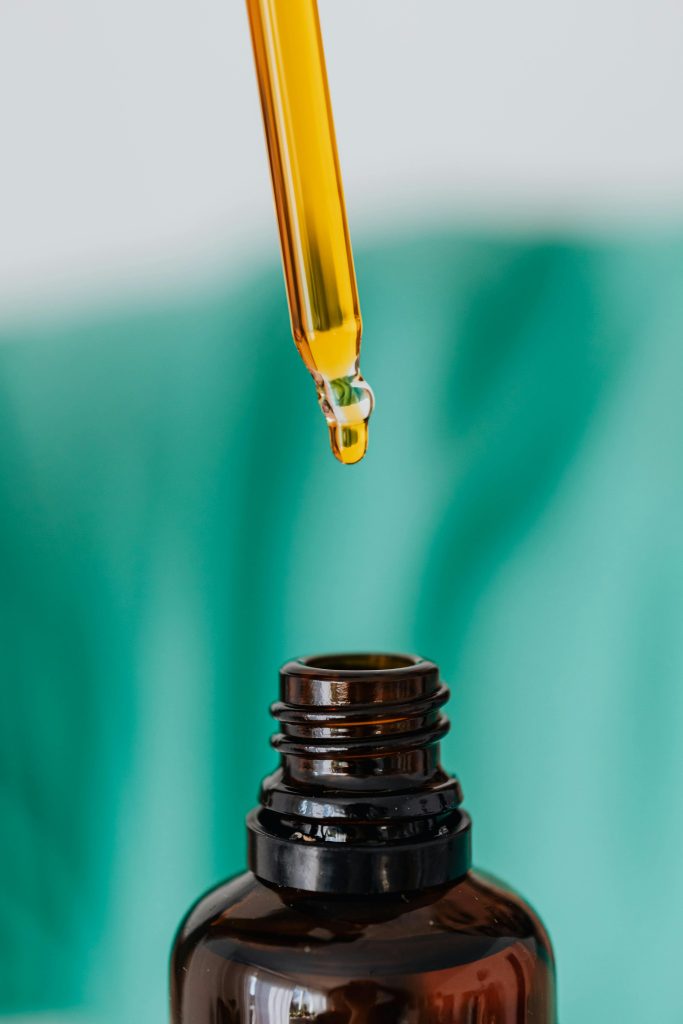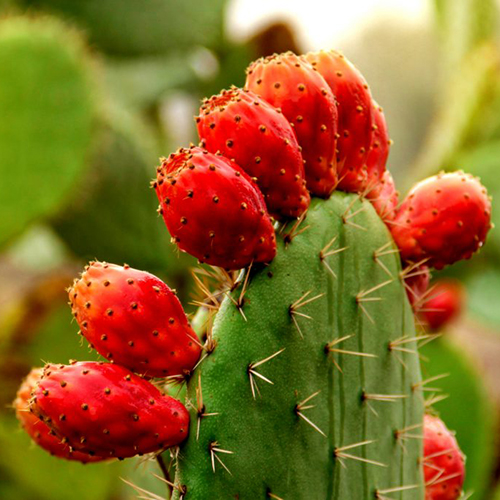
The Beauty of Organic Marula Oil: A Game-Changer for Skin and Hair
In the vibrant world of natural cosmetics, organic marula oil has emerged as a star ingredient, celebrated for its transformative effects on skin and hair. This oil has been around for centuries in Zimbabwe and South Africa. It is not an easy oil to extract due to the hardness of the outer shell. Extracted from the kernels of the marula fruit, this golden elixir is lightweight, nutrient-rich and deeply hydrating. South Africa is one of the leading producers of marula oil, making it a cornerstone of sustainable beauty practices in the region.
The seeds are wild-harvested by remote, rural women, which benefits local economies enormously. Marula trees are typically described as “savanna trees” rather than forest trees. They naturally grow in semi-arid to sub-humid savanna ecosystems, open woodland areas and grasslands with scattered trees.
What Makes Marula Oil Unique?
Marula oil is packed with essential nutrients that make it stand out among other natural oils. Its composition includes:
- Amino Acids: L-arginine and glutamic acid promote skin health by supporting collagen and elastin production[1][2].
- Fatty Acids: Oleic acid and linoleic acid help maintain the skin’s lipid barrier and hydrate hair fibres[1][3].
- Antioxidants: Vitamins C and E neutralise free radicals, protect against environmental damage and stimulate collagen synthesis[1][4].
- Antimicrobial Properties: These help balance the skin microbiome and reduce acne[1][2].
Benefits for Skin
Marula oil offers a wide range of skin benefits that make it indispensable in cosmetics:
- Deep Hydration: Its lightweight texture absorbs quickly, providing intense moisture without clogging pores. This makes it ideal for all skin types, including oily and acne-prone skin[3][4].
- Anti-Ageing Properties: Marula oil helps reduce fine lines, wrinkles, and age spots while improving elasticity by enhancing collagen production [2][5].
- Soothing Irritation: Its anti-inflammatory properties help calm redness, irritation and conditions such as eczema or psoriasis [3][4].
- Scar Reduction: Regular use can diminish scars and stretch marks by promoting cell regeneration[4][5].
- Environmental Protection: Marula oil strengthens the skin barrier, protecting against UV rays and pollution[2][4].
Benefits for Hair
Marula oil is equally transformative for hair care:
- Hydration: It moisturises dry and brittle hair while preventing water loss[2][5].
- Frizz Control: The oil smooths hair strands, reducing frizz and adding shine without weighing hair down[3][4].
- Strengthening Hair: Rich in fatty acids, marula oil nourishes the follicles to reduce breakage and split ends [1][5].
- Scalp Health: Its antimicrobial properties help combat dandruff by moisturising the scalp[5].
How Does Marula Oil Compare to Other Natural Oils?
| Oil | Skin Benefits | Hair Benefits |
| Marula Oil | Deep hydration, anti-ageing, scar reduction and elasticity improvement. [1][2] | Hydrates without greasiness, reduces frizz, and strengthens strands. [3][5] |
| Coconut Oil | Intense moisturisation; antibacterial but can clog pores on oily skin[1][6]. | Deep conditioning may weigh down fine hair due to its heaviness. [6] |
| Argan Oil | Improves elasticity; reduces fine lines; anti-inflammatory properties[1][6]. | Adds shine and protects against heat damage during styling. [6] |
| Jojoba Oil | Balances sebum production; non-comedogenic for acne-prone skin[6]. | Moisturises scalp; promotes healthy hair growth without greasiness[6]. |
Marula oil’s lightweight texture makes it more versatile than coconut or argan oil, as it hydrates deeply without leaving a greasy residue. It also excels in combating environmental stressors compared to other oils, such as jojoba oil.
South Africa: A Leading Producer
South Africa plays a pivotal role in marula oil production due to its abundance of marula trees. The fruit has been used for centuries by indigenous communities for its nourishing properties. Today, sustainable harvesting practices in South Africa ensure that marula oil not only supports local economies but also aligns with global trends favouring ethical sourcing.
Market Trends and Outlook
The global demand for Marula oil is rising rapidly as consumers prioritise natural and organic beauty products. The market is projected to grow at a compound annual growth rate (CAGR) of 7% from 2024 to 2034, driven by its versatility in skincare and haircare formulations. Regions such as East Asia, North America and Europe are driving this growth as marula oil becomes a staple ingredient in luxury beauty products.
In a Nutshell
Organic marula oil offers unparalleled benefits for both skin and hair care. Its nutrient-rich profile makes it a powerful moisturiser, anti-ageing agent and protector against environmental damage. Compared to other oils, such as coconut or argan oil, marula oil stands out for its lightweight texture and versatility across all skin types.
As South Africa continues to lead in sustainable production practices, marula oil represents not only a beauty solution but also an ethical choice that supports local communities. Whether you’re looking to rejuvenate your complexion or strengthen your hair strands, marula oil is a truly remarkable gift from nature, worth incorporating into your daily routine.
- https://www.mindbodygreen.com/articles/6-reasons-you-should-add-marula-oil-to-your-beauty-routine
- https://www.webmd.com/diet/health-benefits-marula-oil
- https://www.newdirectionsaromatics.com/blog/products/all-about-marula-oil.html
- https://www.luckymag.com/beauty/skincare-ingredients/marula-oil-skin-benefits/
- https://www.organicfacts.net/health-benefits/oils/marula-oil.html
- https://www.healthline.com/health/marula-oil-benefits









